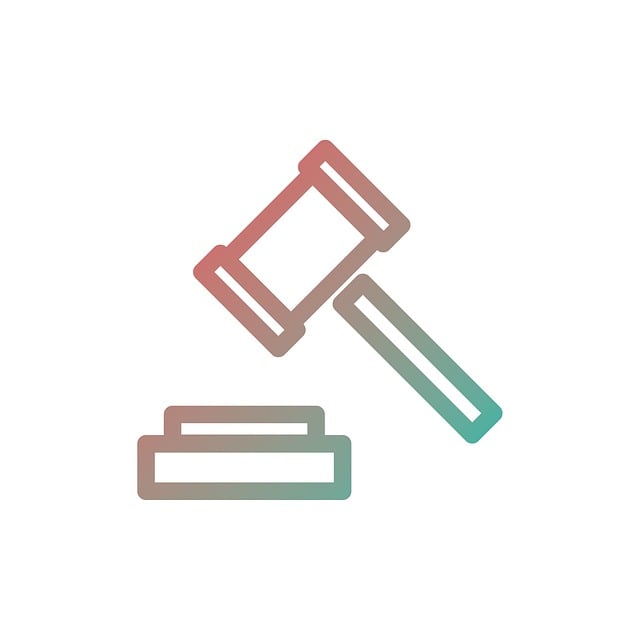RF Regulatory Agency (RFRA) investigations ensure RF standard compliance across sectors, impacting public safety and technology integrity. These involve complex legal, technical, and ethical aspects, notably plea bargaining decisions in white-collar cases. Understanding these processes is vital for businesses and individuals to prepare for potential scenarios, promoting transparency and ethics via fair jury trials. Balancing efficient case resolution with due process is crucial for attorneys, navigating conflicts of interest. The outcome of RFRA investigations carries significant weight, impacting fines, legal repercussions, and regulatory compliance. Proactive compliance, employee training, open communication, and strategic cooperation with regulators are best practices to address the Ethical Implications of Plea Bargaining Decisions.
“Unraveling RF Regulatory Agency Investigations: A Comprehensive Guide. This article delves into the intricate world of radio frequency (RF) regulatory bodies, their scrutiny processes, and the subsequent ethical dilemmas. With a focus on plea bargaining decisions, we explore the far-reaching implications for companies and individuals alike. Learn how navigating these investigations requires strategic best practices, ensuring compliance while mitigating potential legal consequences. Uncover the delicate balance between regulatory adherence and the ethical considerations that shape outcomes.”
- Understanding RF Regulatory Agency Investigations
- Ethical Considerations in Plea Bargaining
- Implications for Companies and Individuals
- Best Practices to Navigate Investigatory Processes
Understanding RF Regulatory Agency Investigations

RF Regulatory Agency Investigations are crucial processes designed to ensure compliance with radio frequency (RF) standards and regulations. These investigations span various sectors, from telecommunications to medical devices, aiming to safeguard public safety and maintain the integrity of RF technologies. Understanding the mechanisms behind these inquiries is paramount for businesses and individuals alike, as they often involve complex legal and technical aspects.
The ethical implications of plea bargaining decisions play a significant role in these investigations. In cases involving white-collar and economic crimes, accused parties may face daunting challenges. However, a well-crafted winning challenging defense verdict strategy can navigate these complexities. Jury trials offer an avenue for holding entities accountable while ensuring fair outcomes. By delving into the specifics of RF Regulatory Agency Investigations, individuals and businesses can better prepare for potential scenarios, fostering a more transparent and ethical environment within the digital landscape.
Ethical Considerations in Plea Bargaining

The ethical considerations in plea bargaining are complex, especially in the context of RF Regulatory Agency (RFRA) investigations involving white collar defense. While plea bargaining offers a path to resolving cases efficiently, it raises significant concerns regarding due process and fairness. Lawyers representing individuals or companies under investigation must navigate this delicate balance, ensuring their clients’ rights are protected while also exploring options that could lead to achieving extraordinary results in general criminal defense strategies.
The ethical implications of plea bargain decisions are profound. They necessitate a careful evaluation of the evidence, potential penalties, and the client’s best interests. In RFRA investigations, where allegations can have severe consequences, attorneys must avoid any perception of conflict or impropriety. Upholding ethical standards is not only a professional responsibility but also ensures the integrity of the justice system, especially when dealing with complex regulatory matters.
Implications for Companies and Individuals

The outcome of RF Regulatory Agency investigations can have significant implications for both companies and individuals alike. When an entity is found in violation of regulations, it often faces hefty fines and legal repercussions. These penalties can severely impact a company’s financial stability and reputation, especially if they are seen as recurring offenders. As such, many organizations find themselves navigating complex legal landscapes, striving to ensure compliance across their operations.
In these situations, the Ethical Implications of Plea Bargaining Decisions come into play. Across the country, general criminal defense attorneys often negotiate plea bargains, allowing clients to avoid trial and potentially lighter sentences. While this can be a strategic move for winning challenging defense verdicts, it also raises ethical questions. The consequences of such agreements can affect not only the immediate case but also set precedents for future investigations, influencing how companies and individuals approach regulatory compliance.
Best Practices to Navigate Investigatory Processes

Navigating RF Regulatory Agency investigations requires a strategic approach to mitigate risks while upholding ethical standards. For both corporate and individual clients, understanding the implications of each step is crucial. One key practice is proactive compliance—ensuring all operations adhere to RF regulations can significantly reduce the likelihood of an investigation in the first place. Regular audits and training sessions for employees can foster a culture of awareness and accountability.
Additionally, maintaining open communication with regulatory bodies can help clarify expectations and resolve issues promptly. While plea bargaining may be considered by some as a way to avoid indictment, it carries ethical implications that should be carefully weighed. Ultimately, cooperating with investigations fully, providing transparent documentation, and demonstrating good faith efforts to rectify any violations are best practices that foster fairness throughout the investigatory process.
RF Regulatory Agency investigations carry significant weight, impacting both companies and individuals. Understanding the process, especially regarding ethical considerations in plea bargaining, is crucial for navigating these complex scenarios effectively. By recognizing the far-reaching effects of such decisions, including the Ethical Implications of Plea Bargaining Decisions, entities can adopt best practices to mitigate risks and ensure compliance. This proactive approach allows for a more transparent and just outcome for all stakeholders involved.






